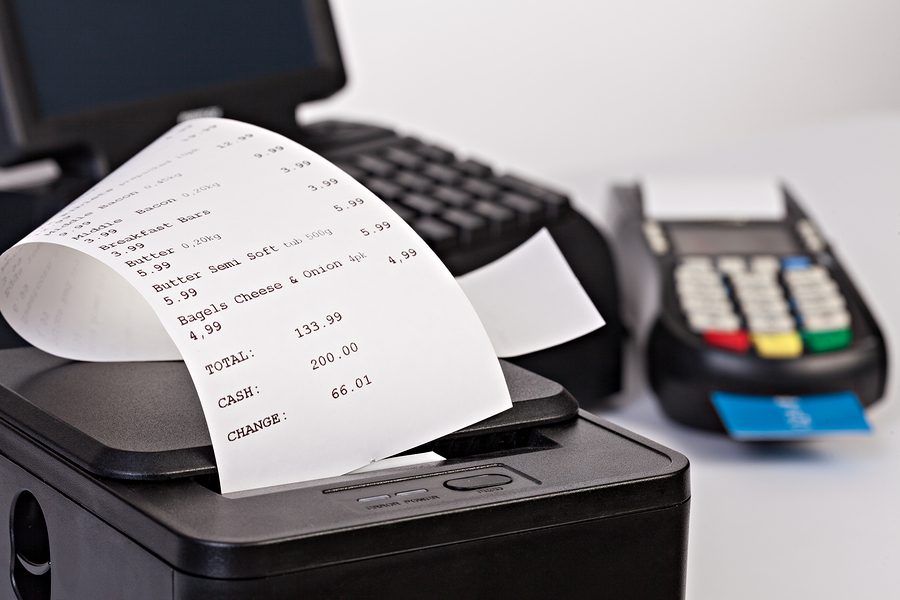Keeping receipts is a wise action when it comes to taxes, budgeting, warranties and returns or exchanges. If they contain FACTA violations, they could also be used to commit identity fraud. They may contain FACTA violations that entitle you to financial compensation. If you check the receipts you are carefully filing away, you may find that you have reason to contact a FACTA lawyer and join a class-action lawsuit.
What is FACTA?
The Fair and Accurate Credit Transactions Act (FACTA) is a federal law that, among other things, mandates retailers not to include customers’ full credit card details on their receipts. This is intended to protect consumers’ privacy. Merchants are required to truncate credit card numbers and exclude expiration dates. In this way, consumers are assured that their credit card information can’t be seen by prying eyes.
How does this affect you as a receipt saver?
Take a look at your receipts. If any of them contain your full credit card number and expiration date, you might be entitled to claim compensation from the merchant in question. Leaving these details visible on your receipt leaves you vulnerable to fraud, identity theft and other crimes. Non-FACTA compliant receipts can be used by criminals to piece together enough information to impersonate a consumer and steal financial or personal details.
How to join a FACTA class action
If one or more of the receipts you have been keeping contains FACTA violations, you could be eligible to join a class-action lawsuit. Contact Shamis & Gentile, P.A. and speak to one of our FACTA attorneys.




